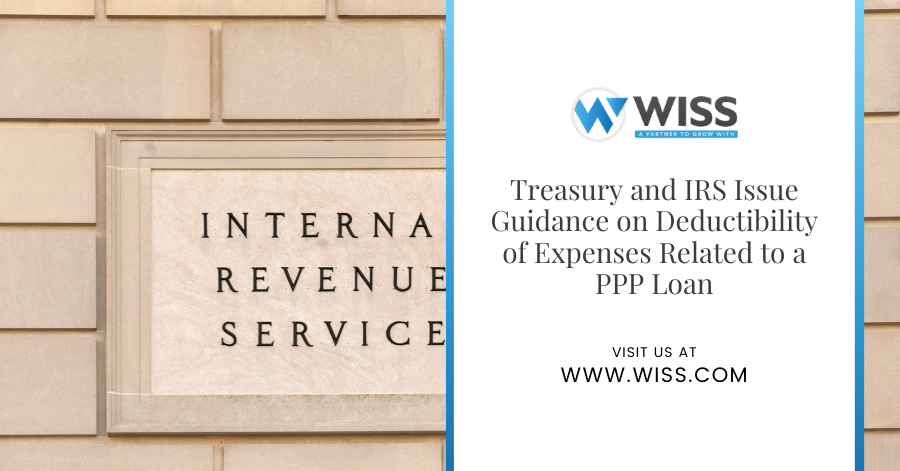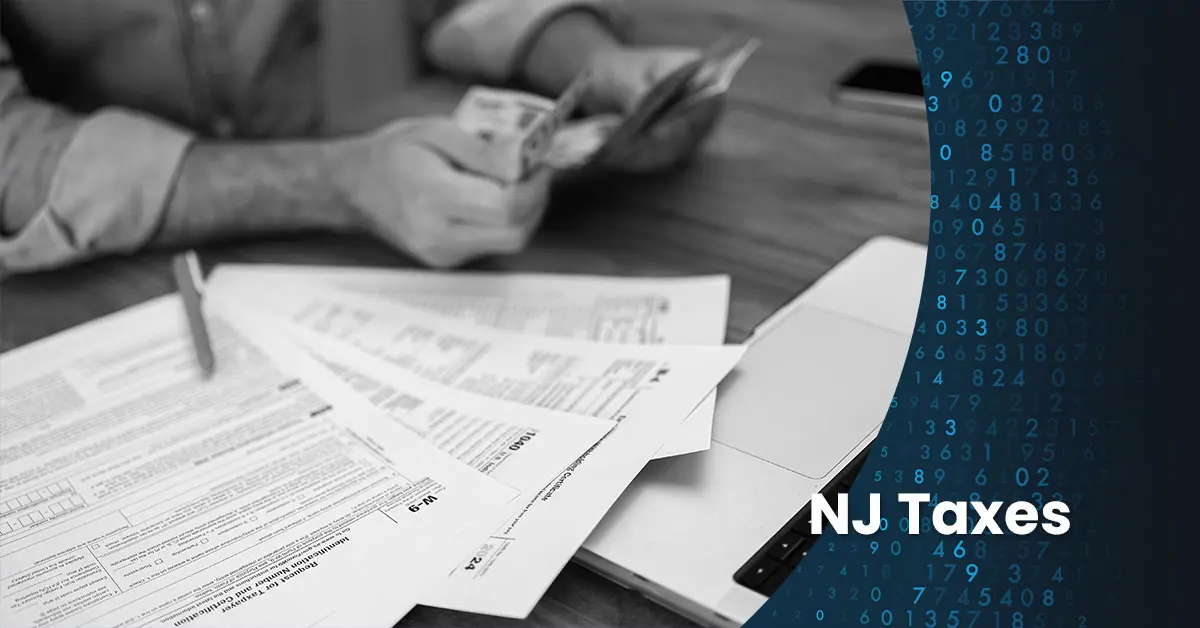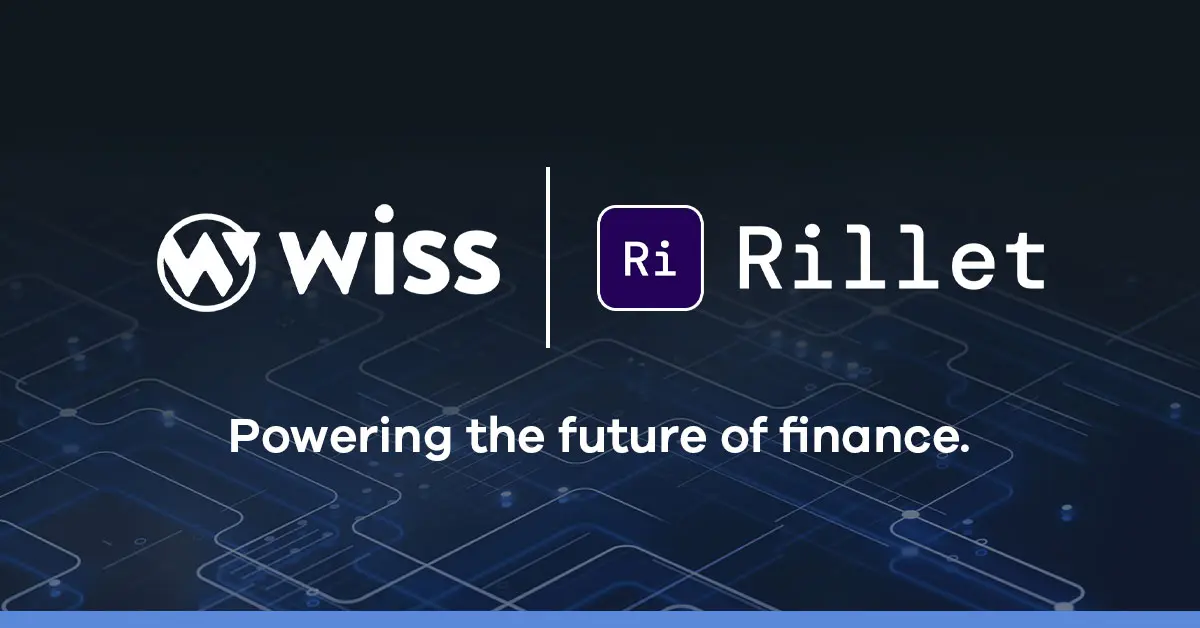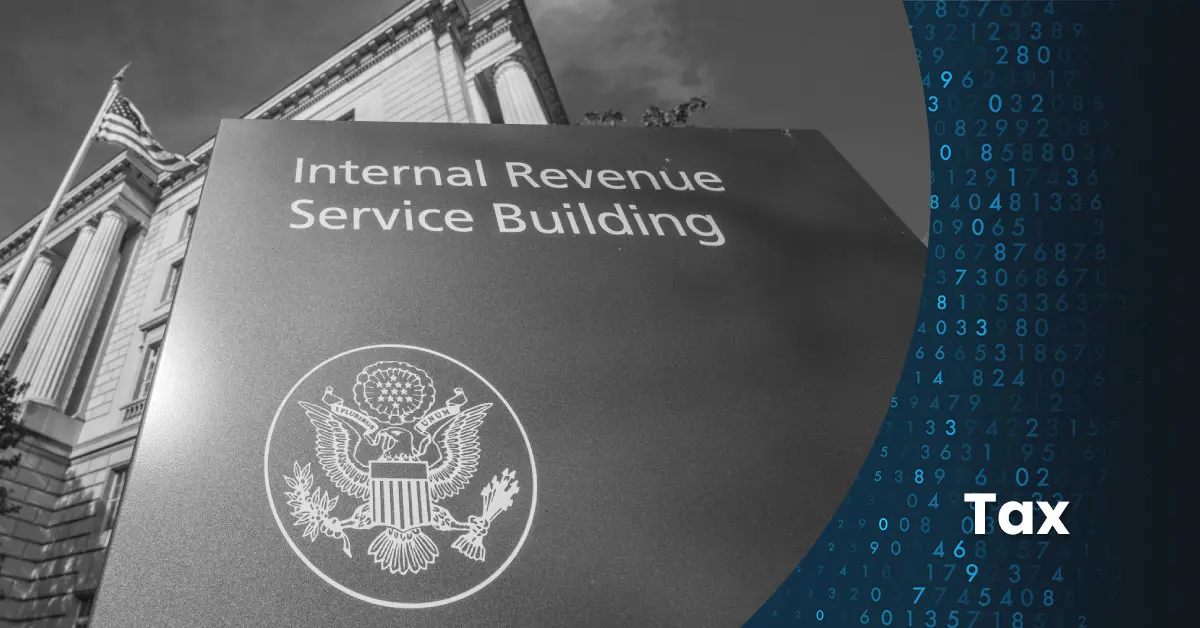The Paycheck Protection Program (PPP) created by the Coronavirus Aid, Relief, and Economic Security Act (CARES Act) provides loans to small and mid-size businesses to cover payroll and other specific costs during the coronavirus pandemic. PPP loans may be forgiven under particular circumstances, and are typically excluded from taxable income.
Sounds simple—and if you focus on the question of payroll costs, it is. But companies that are interested in the R&D tax credit may also want to focus on nonpayroll costs and see how PPP loan forgiveness will influence this element of their taxes.
Upon forgiveness of a PPP loan, even in part, an applicant’s 2020 qualified research expenses (QREs) may be rendered ineligible for the research and development (R&D) tax credit.
Internal Revenue Code Section 41(d)(1)(A) forbids taxpayers from claiming an R&D tax credit on nondeductible expenditures. Additionally, the IRS issued guidance in March 2020 (Notice 2020-32) stating that expenses covered by forgiven PPP loan funds are nondeductible for tax purposes, whether or not they would usually be deductible.
The result is that wages paid to employees using forgiven PPP loan funding cannot be classified as QREs, which will lower federal and state R&D credits.
How To Maintain Some R&D Credit Despite PPP Loan Forgiveness
Even if you have gotten a PPP loan forgiven, your business may have eligible R&D expenses that can still qualify for the R&D tax credit. Current guidance dictates that in order for PPP loan funds to be forgiven, at least 60% must be used for eligible payroll costs, while 40% of the funds may be applied to nonpayroll costs such as rent, utilities, and interest payments.
There is a way to preserve some amount of qualified research activities as deductible. Dedicate as much of the PPP forgivable loan funding to nonpayroll costs as possible (up to 40%) and use it to compensate employees who are not involved in qualified research activities. This keeps the wages paid to employees involved in qualified research activities classified as deductible, which will preserve some amount of your R&D credit.
If your company plans to claim R&D tax credits and are filing for PPP loan forgiveness, it is a good idea to allocate the forgivable funds in the following order (up to the applicable limits):
- Interest on mortgage obligations
- Rent
- Utilities
- Interest on any other existing debt obligations
- Certain employee benefits relating to healthcare
- Payroll costs that are non-taxable
- Payroll costs for employees who are not performing for R&D-qualified services, such as accounting, finance, human resources
- Payroll costs for employees who are performing R&D-qualified services
Keep On Top of the Situation
PPP loan recipients should do an assessment of the costs that are eligible for forgiveness under PPP to figure out how allocation to various non-research-related expenses can maintain the highest possible R&D tax credit.
Ask yourself the following important questions as you begin looking at your PPP allocations:
- Do you plan to file for or have you received full or partial forgiveness of your PPP loan funds?
- Are you able to refrain from allocating the potentially forgivable PPP loan funds to QREs?
- Can you maintain some amount of your R&D tax credit by filing for forgiveness, subject to limitations, on nonpayroll costs and non-QREs?
With the pandemic situation and economic impacts shifting rapidly, IRS guidance regarding PPP forgivable loans may change, so taxpayers with PPP loans and an interest in the R&D tax credit should keep abreast of the latest developments on this topic.
Note: For each individual employee, the total amount of cash compensation eligible for PPP loan forgiveness may not exceed an annual salary of $100,000, as prorated for the covered period.

 Previous
Previous






